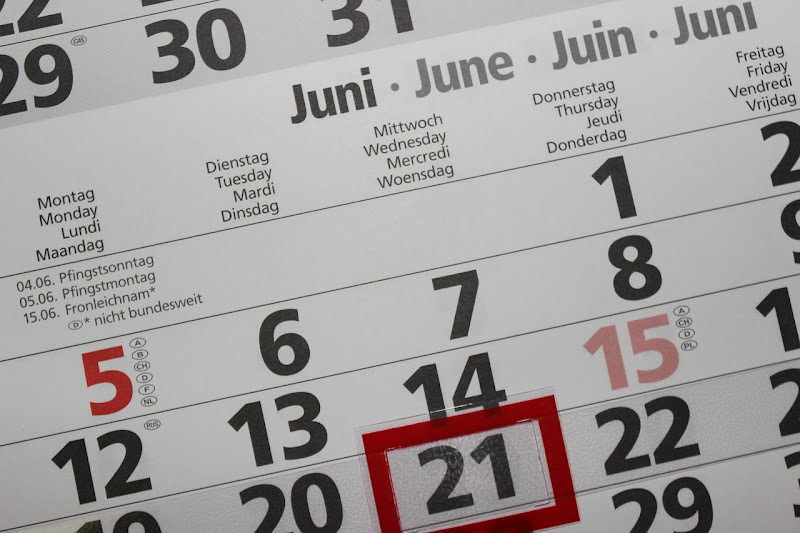Important Tips on PMP Exam Preparation
For past several weeks, I have been (passively) working on putting together a series of important tips on various aspects of the PMP Exam such as exam preparation, test-taking, picking the ‘best’ answer on the exam and more. Here’s the first list of tips - Important Tips on PMP Exam Preparation - from the series. The series has been compiled from my experience on the journey towards PMP certification, and the knowledge I gained from various exam prep trainings, online forums and PMP experts.

Disclaimer: Please use the tips at your own discretion. Your mileage may vary.
Important Tips on PMP Exam PreparationPermalink
- Read the PMBOK Guide at least 2 times (ideally 3).
- Do NOT read too many exam prep books. The More The Merrier isn't true when it comes to PMP exam preparation. Usually one good exam prep book is sufficient to complement the PMBOK Guide.
- No exam prep book is a substitute for PMBOK Guide. You must read the PMBOK Guide.
- Read PMBOK Guide Glossary very carefully. You can get many more questions right if you know the terms and definitions in the glossary well.
- Know the Inputs, Outputs, Tools and Techniques (ITTOs) well - understand them, memorize them, or do whatever that works for you.
- Take time to read the PMI's Code of Ethics and Professional Conduct very carefully. It will help you answer questions from "Professional and Social Responsibility" domain. Remember that 9% of exam questions are from this domain.
- There are topics on the exam that are not even mentioned in the PMBOK Guide, but still make regular appearance on the exam. In fact, many of the popular exam prep books also don't cover these topics. One such topic is 'Delegation'. My advice here is to learn from others' experience - try to read several 'lessons learned' from successful PMPs in online forums. Try to find out the list of topics that find regular mention in these posts and read up on these topics.
- Be very careful in selecting the exam prep material. You need to be especially selective with the free sample questions available on the net. Select sample questions from very reliable sources only. Don't go and start attempting questions provided by any pm-tiger or cert-monkey website (I hope these are not real website names). A few bad questions or wrong answers from these low-grade sources may seriously damage the thought-process needed for the PMP exam and might prove fatal as far as the success in the exam is concerned.
- Join couple good PMP exam prep forums (online) and keep in touch with the happenings. This is an essential part of your preparation, but don't get carried away. Spending a few minutes in a day, reviewing and answering the posts is usually sufficient.
- Study everyday even if it's just for 30 minutes. Avoid long breaks during your preparation. From my experience, it's very hard to re-build momentum once you lose it. You waste precious time getting back into the groove.
- Print-out the ITTO pages from each Knowledge Area of the PMBOK Guide and staple them together into a separate set. Review this set whenever you study for the exam. I found this extremely helpful because it saved me time in flipping back and forth from chapter to chapter on the PMBOK Guide. Having all the ITTOs together also helped me tie them together in my head. I took notes on them, carried them with me all the time, and reviewed them as often as possible, specially in the last few days before the exam. It worked really well for me.
- While selecting the practice tests, make sure you select the ones that give detailed explanation of the right and the wrong choices. This is very important. After you complete the tests, review the answers for each and every question. Most people only review the questions, which they got wrong. But a better approach is to review your "right" answers also to make sure that your reason for selecting it as the "best" answer, is indeed correct.
- Attempt at least 3 full-length practice exams, and take each exam in one stretch, just like you would do in the real exam. PMP exam is a 4-hour marathon and longer than most other exams you would have taken before. Apart from your Project Management skills, it's also a test of your physical and mental endurance. So, it's very important to build your stamina to take this exam.
Thanks for reading.
Coming up next … Important Test-Taking Tips for the PMP Exam.
5 Comments
Anonymous
Harwinder Singh
Anonymous
Imran Raza
Anonymous